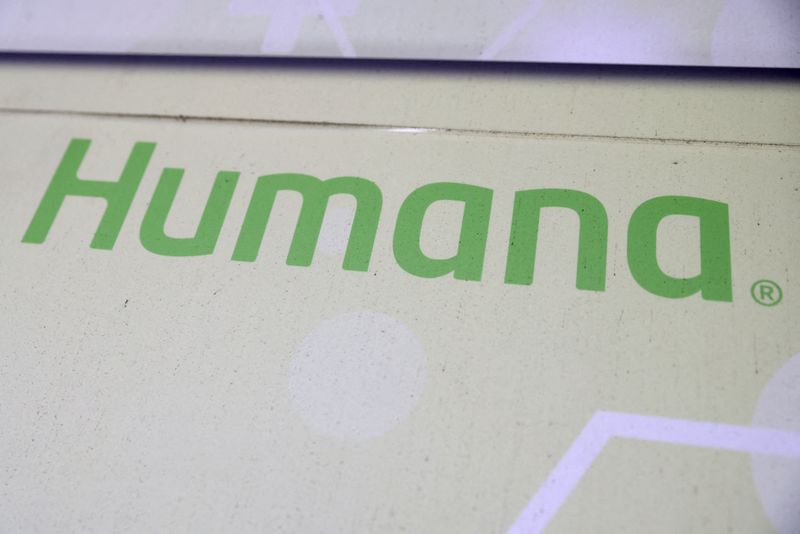(Reuters) -A possible deal between U.S. health insurers Cigna (NYSE:CI) and Humana (NYSE:HUM) has been abandoned over terms, sources familiar with the deal told Reuters on Sunday.
Such a deal likely would have faced scrutiny from the U.S. Justice Department (DOJ), which in 2017 successfully stopped Anthem, now Elevance Health, from buying Cigna for $54 billion, and thwarted Aetna's plan to purchase rival Humana for $34 billion.
Here's a look at what happened with those deals first announced in 2015.
WHAT WAS THE RATIONALE FOR THE PROPOSED MERGERS?
Aetna, Humana, Anthem and Cigna cited the Affordable Care Act, popularly known as Obamacare, which was passed by Congress in 2010 to significantly expand access to affordable health insurance. They said aspects of the new law meant their industry needed to consolidate to cope with the costs of expanding coverage.
WHAT DID THE JUSTICE DEPARTMENT SAY IN ITS COMPLAINTS?
In each of the two complaints filed in federal court in Washington in 2016, the Justice Department noted the other deal and the extraordinary consolidation that was being planned for the industry. It asked federal judges to order each transaction stopped.
The Justice Department argued that Anthem's deal for Cigna would mean "higher prices and reduced benefits" for consumers, including big national employers who pay health insurers to cover their workers. The government complaint also cited Cigna as an innovator that was finding ways to lower medical costs. "Without the merger, Cigna expects to double in size in the next seven to eight years," it said in its complaint.
The department's argument against the Aetna deal to buy Humana focused on Medicare Advantage, which is federal Medicare coverage provided by private health insurers. The government said the merger would end competition for Medicare Advantage business between the two. "Competition between Humana and Aetna has led to lower premiums, more generous benefits, better provider networks, and improved coordination of care," the government said in its complaint. Aetna is now part of CVS.
TWO JUDGES, TWO RULINGS FOR THE GOVERNMENT
In January 2017, just days into the Trump administration, Judge John Bates of the U.S. District Court for the District of Columbia said Aetna's proposed deal with rival Humana was illegal because it would "substantially lessen competition in the sale of individual Medicare Advantage plans in 364 counties identified in the complaint and in the sale of individual commercial insurance on the public exchanges in three counties in Florida."
In February 2017, Judge Amy Berman Jackson ordered Anthem's deal for Cigna stopped, agreeing with the government's assessment that it would reduce competition in an already concentrated health insurance market, particularly for big national employers.
Anthem fought on, and an appeals court upheld the decision to block the deal in April 2017. Future Supreme Court Justice Brett Kavanaugh dissented, saying that a combined Anthem/Cigna would require higher payments to manage the accounts but that would be offset by better negotiated rates paid to providers.
DOES THE DOJ ALWAYS WIN?
No. The Biden administration fought a plan by UnitedHealth (N:UNH), the largest U.S. health insurer, to buy Change Healthcare (NASDAQ:CHNG) for $8 billion, arguing it would give UnitedHealth access to its competitors' data and ultimately push up healthcare costs.
The DOJ lost in 2022. The judge said efforts the companies undertook to address antitrust concerns were sufficient.
